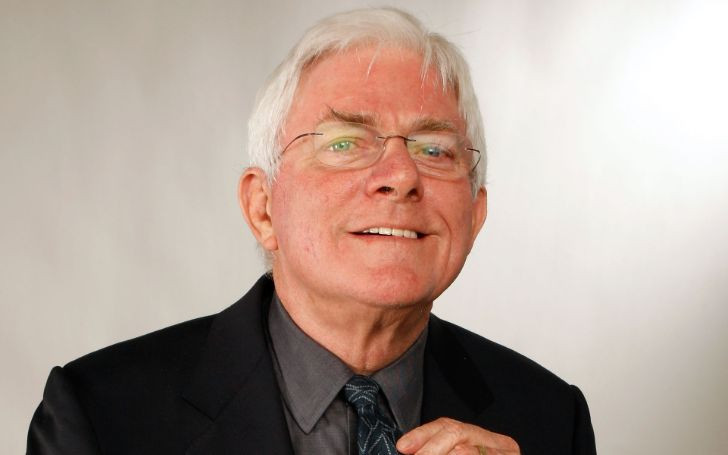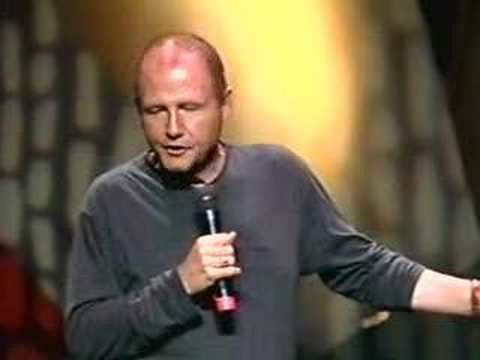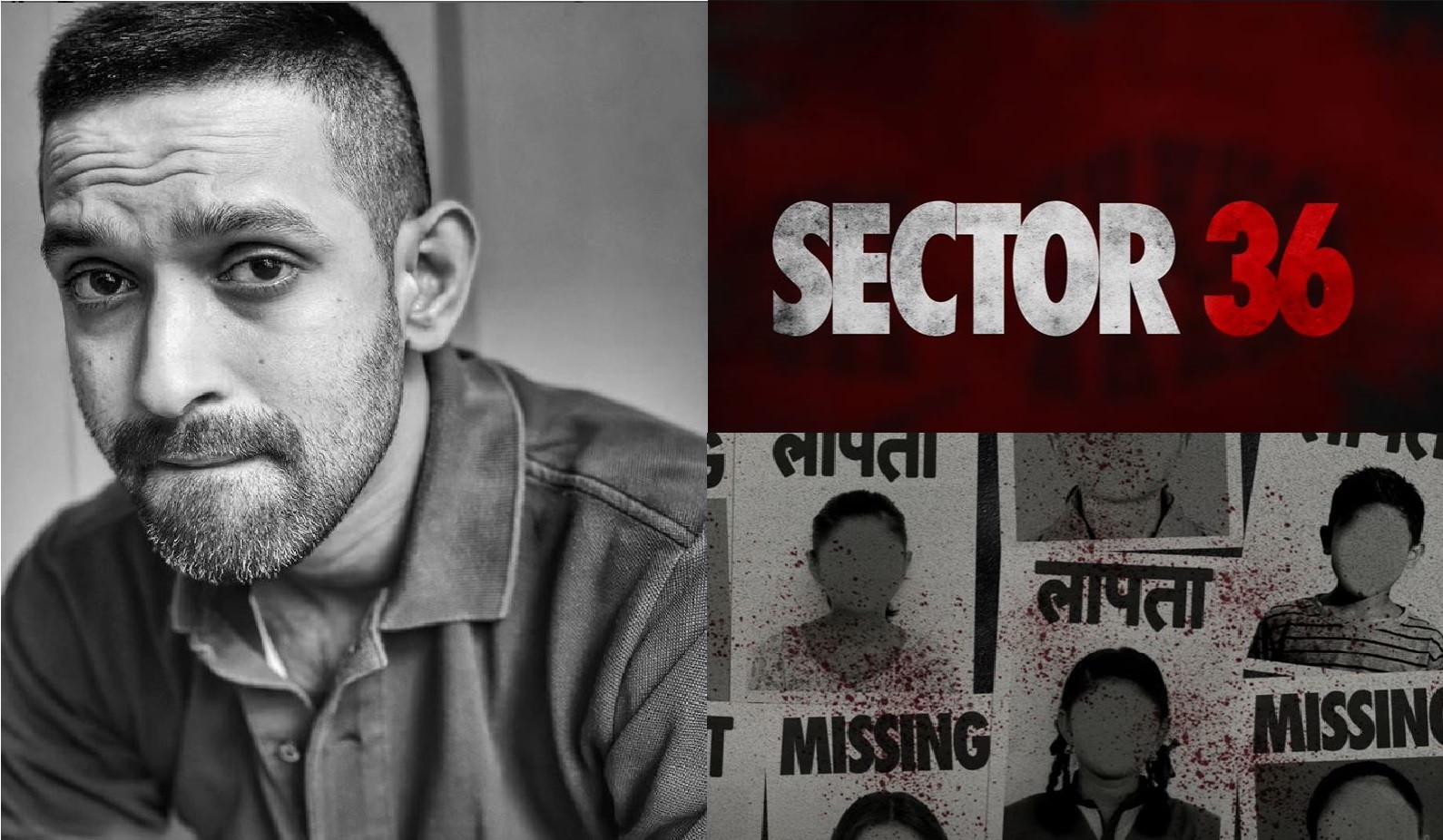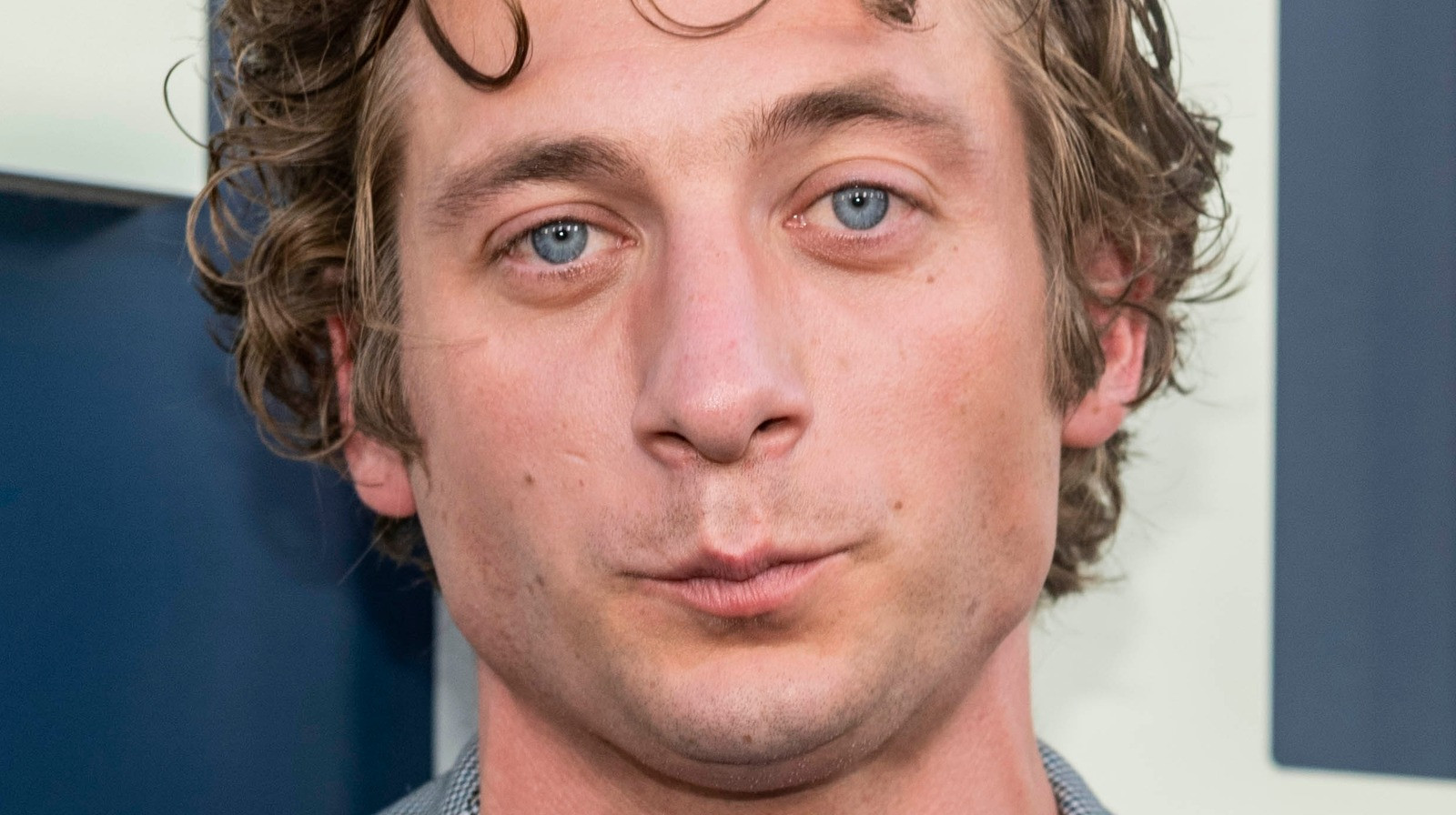Phil Donahue, the groundbreaking daytime TV talk show host who welcomed audience participation and was willing to engage in any topic — from economic theory to adult diaper babies — died on Sunday at his New York City home, The New York Times reports. He was 88.
The Phil Donahue Show enjoyed a remarkable 29-year run between 1967 and 1996, jumping quickly from a local production in Dayton, Ohio to a nationally syndicated smash. Donahue won 20 daytime Emmys during its run and, at its peak, was averaging about 8 million viewers an episode. Donahue, himself, also earned his own recurring interview segment on Today, between 1979 to 1988.
Several other newscasters, TV personalities, and daytime talk stars weighed in as well. Andy Cohen called Donahue a “singular talent who revolutionized daytime television, and the talk show itself. He was an outspoken advocate for the gay community at a time when we had none.”
Montel Williams said Donahue was a “true pioneer” and the “godfather of talk shows,” while Sally Jessy Raphael said, “I admired Phil Donahue for so many reasons, and he was one of the finest broadcasters in American television. If there wasn’t a Phil, there would have never been a Sally.”
Geraldo Rivera added: “He was a hero, a talk show pioneer who inspired me to try my hand at the gore he invented. What an historic figure… He was the most important talk show host ever. He recognized that the daytime tv audience was under served. He remembered the home makers, and gave them an avenue to the rest of the world. A giant has passed.”
The Donahue Formula: Audience Participation and Probing Questions
Before Donahue, many TV interview and talk shows were tightly structured and contained affairs. But from the start, Donahue welcomed the crowd into his show. The earliest version of the program featured callers, like a radio program, while later Donahue became known for traipsing through his studio audiences, microphone in-hand, allowing them to ask questions of their own.
Donahue complemented this approach with a probing interview style of his own that could be as deft as it was blunt. He once asked a child with cancer if he was afraid to die, and in a different episode, got a woman to tell her husband on air that she was planning to divorce him. Donahue often cajoled his subjects with the simple line, “We’re here to learn.”
From Local Broadcaster to National Phenom
Born and raised in Cleveland, Ohio, Donahue grew up in a strict Roman Catholic family, but ultimately chafed at the church and left it. (Religion was a frequent topic on his show from the get-go; his first guest was the prominent, but unpopular atheist, Madalyn Murray O’Hair.) Though he studied business in college, Donahue found himself drawn to media and journalism: He worked at radio stations in Ohio, New Mexico, and Michigan and later served as a reporter for the CBS Evening News.
He eventually secured several prominent jobs at Dayton’s CBS affiliate, WHIO, including morning news anchor and host of an afternoon radio talk show. In 1967, he moved to a rival station, WLWD, and launched The Phil Donahue Show; at first the program only aired on stations owned by WLWD’s parent company, but by 1970 it was syndicated nationwide. From there, Donahue’s production moved from Chicago in 1974, then to New York City, in 1984.
In an interview with the Television Academy, Donahue recalled the challenges of making a daytime TV talk show visually stimulating, especially one that was going to rely heavily on people phoning in from home: “We knew if we had any chance to succeed, we couldn’t be talking about juvenile delinquency or all these broad, very imprecise issues that are often discussed at rotary club meetings and other places. We knew we had to have personalities, who moved you to go to that phone and make a phone call.”
Along with O’Hair, the first week of Donahue featured another jolting segment, one with an anatomically correct male doll. “Do you think this is appropriate for children?” Donahue asked, before encouraging folks to call in with their opinions. That garnered so many calls, it “paralyzed” the local phone company.
The Donahue Show: No Topic Off-Limits
During his nearly three-decade run, Donahue never shied from a topic. He showed abortions, reverse vasectomies, and male strippers on air; he recorded one episode from Attica State Prison and another from Ukraine after the Chernobyl nuclear disaster. There were episodes on figuring out if your child is a budding serial killer, as well as indecency and obscenity in music featuring Luther Campbell of 2 Live Crew, Dead Kennedys’ Jello Biafra, Plasmatics’ Wendy O Williams, and Suicidal Tendencies’ Mike Muir.
A Female Audience & A Feminist Perspective
While Donahue enjoyed a devoted audience throughout his run, he proved especially popular with women. In his TV Academy interview, Donahue acknowledged that his show catered to a female audience, but it always came from a place of respect over pandering. And while Donahue himself had long been a feminist, it helped, too, that many of the people working on his show were women.
“The show became a place where women discussed issues that didn’t naturally come up, and certainly not in mixed company,” he told Oprah in 2002. “Much of what we talked about on the air is what women had been talking about in ladies’ rooms… I’d like you to think I’m a visionary, but no. The people around me who were making decisions about who we had on the show were women.”
The Rise of the Talk Show & the Decline of Donahue
After Donahue ended in 1996, the host returned once more to TV in the early 2000s, hosting a show on MSNBC that lasted only a year. In 2006, he co-directed with Ellen Spiro the acclaimed documentary, Body of War, about Thomas Young, a soldier in the Iraq War who was paralyzed after being shot.
The Donahue Legacy: A Lasting Impact on Daytime Television
“We wanted the viewer to be off guard,” Donahue told the TV Academy of how he approached his work. “We didn’t want you to be able to predict us or put using a niche. We wanted to surprise you everyday.”
This story was updated at 5:09 p.m. ET with additional tributes to Phil Donahue.
We want to hear it. Send us a tip using our anonymous form.
Rolling Stone is a part of Penske Media Corporation. © 2024 Rolling Stone, LLC. All rights reserved.
















